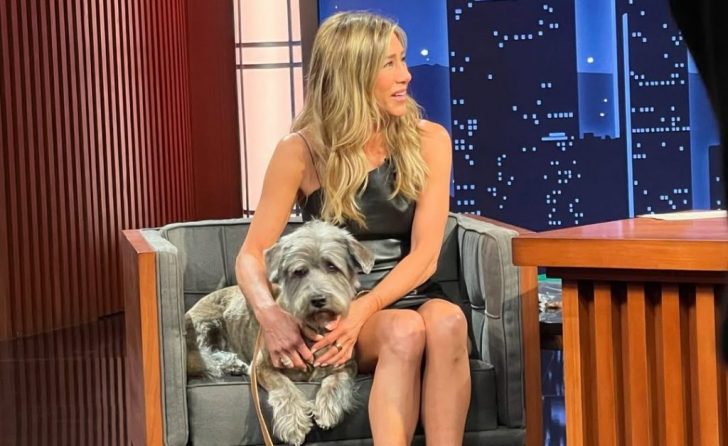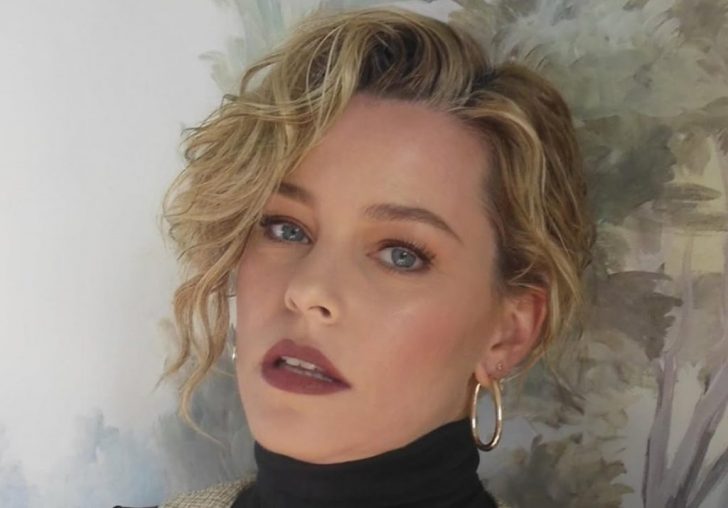Top 5 A-Listers Who Are Highly Successful Entrepreneurs
Many celebrities have made the leap from screen to storefront, but a few stand out for how skillfully they’ve built their brands. These aren’t just passion projects slapped with a famous face—they’re thoughtfully executed businesses shaped by sharp instincts and careful strategy. Let’s take a closer look.
Jennifer Aniston
Aniston didn’t rush LolaVie to market; she spent years behind the curtain developing the line. When it finally launched in 2021, it hit all the right notes—vegan, cruelty-free, minimal ingredients—but the rollout was just as calculated. What started online quickly landed at Ulta, then expanded to over 1,300 stores, eventually snagging space in Target’s beauty aisles.

Jen / IG / Beyond haircare, Aniston holds a significant role at Vital Proteins, serving as the Chief Creative Officer.Add in her leadership role at Vital Proteins and her recent partnership with Pvolve, and it’s clear: she’s not just endorsing products, she’s shaping brands from the inside out.
Drew Barrymore
Barrymore’s businesses succeed because they reflect her public persona: accessible, unpretentious, and highly relatable. Flower Beauty didn’t attempt to chase high-end prestige—it carved out a loyal following by focusing on affordable, cruelty-free makeup without sacrificing quality.
Her expansion into home goods with Beautiful, a Walmart collaboration, taps the same middle-market consumer, blending style with practicality. Even small details, like towels becoming surprise bestsellers, show her knack for understanding how people actually shop.
Emma Chamberlain
Chamberlain didn’t launch Chamberlain Coffee as another influencer-branded gimmick. She built it thoughtfully, starting in 2020 with products she genuinely uses—cold brew bags, instant sticks, matcha blends—and zeroed in on sustainability long before it became a must-have buzzword.
The branding doesn’t feel mass-produced; it mirrors her quirky, self-aware personality. In 2023, after securing $7 million in funding, Chamberlain Coffee landed in Whole Foods, proof that her authentic connection with younger, eco-conscious consumers translates into serious staying power.
Elizabeth Banks
Banks could’ve followed the well-trodden celebrity wine route, but instead, she put her weight behind canned wine—a segment ignored by most of the traditional wine crowd. Archer Roose isn’t about exclusivity; it’s about convenience, quality, and a bit of irreverence.

Eliza / IG / Banks’ innovative and humorous marketing strategies, including playful social media promotions, have set Archer Roose apart in a competitive industry.Banks actively shaped its playful, offbeat marketing and secured distribution deals that got the brand into places wine typically doesn’t go, like stadiums and festivals. Partnerships with sports teams like LAFC and Angel City FC show how she’s rewritten where and how people consume premium wine.
Ryan Reynolds
Reynolds approaches business the same way he approaches acting roles—hands-on, strategic, and always with an edge. His 2018 acquisition of Aviation Gin wasn’t a vanity move; he immediately injected himself into the brand’s DNA, steering its irreverent marketing and growing its profile enough to catch Diageo’s attention.
That $610 million deal didn’t come from luck. He applied the same formula to Mint Mobile, slashing through telecom red tape with simple pricing, sharp ads, and clear messaging. T-Mobile’s $1.35 billion acquisition cemented him as one of the few celebrities who can build, scale, and exit.
These five celebrities didn’t stumble into entrepreneurship—they stepped into it with intention, combining their public influence with an acute sense of consumer behavior. Fame may have opened the door, but smart execution is what turned each venture into a lasting business.